At-Will Employment
In Iowa, most employment relationships are considered "at-will," which means that either the employer or the employee may end the relationship at any time and for any lawful reason. However, there are important exceptions to this rule.
An employer may not terminate an employee when there is an implied agreement, such as those found in certain employee handbooks, oral commitments, or established workplace policies that suggest continued employment. To avoid misunderstandings, employers should include clear and specific disclaimers in their policies and handbooks.
Additionally, Iowa law prohibits employers from terminating employees for reasons that violate public policy. This includes firing someone for reporting safety concerns, demanding unpaid wages, filing a workers’ compensation claim, participating in jury duty, reporting discrimination, or engaging in whistleblowing activities.
For comprehensive training on maintaining at-will employment, visit EmployerESource and explore our training webinars. These resources offer valuable information for business owners and managers seeking to stay informed and compliant.
For any questions about at-will employment and how to preserve this relationship, please contact EmployerESource. We’re here to provide expert guidance and support.
Ban the Box
In Waterloo, Iowa, both public and private employers must follow local regulations regarding how and when they may inquire about an applicant’s criminal history.
All employers are prohibited from asking about criminal history on the initial job application. Employers with 15 or more employees (excluding private schools) must wait until after a conditional job offer is made before making any inquiries into criminal background.
Employers in this category also may not base hiring decisions solely on arrests that did not lead to a conviction, pending charges, or records that have been expunged or pardoned. If a criminal record is considered, there must be a legitimate business reason for doing so.
Some exceptions apply for positions where background checks are required by state or federal law.
If you have questions about how this ordinance affects your hiring process or want to ensure your policies are compliant, contact EmployerESource or download an employee handbook with state- and city-specific policies tailored to your business needs.
Employees Records Access
Under Iowa law, employees have the right to access and obtain copies of their personnel files. This includes performance evaluations, disciplinary records, and other documents related to the employment relationship.
Access must be scheduled at a mutually agreed-upon time between the employer and employee, and the employer may have a representative present during the review. While employees have broad access to their records, employment references written for the employee are excluded from review. Employers may charge a reasonable per-page copying fee, consistent with rates charged by commercial copy services.
To ensure your business is in compliance with Iowa's personnel file access rules and to implement consistent, state-specific policies, contact EmployerESource or download a customized employee handbook built for Iowa employers.
Final Wages
When an employee’s job is suspended or terminated, Iowa law requires employers to pay all earned wages (less lawful deductions) by the next regular payday for the period in which the wages were earned. For commissions, any balance due must be paid within 30 days after termination.
In the event of a wage or reimbursement dispute, the employer must still pay all undisputed wages and expenses owed. Making this partial payment does not release the employer from responsibility for any remaining amounts the employee claims.
To ensure your payroll and termination policies align with Iowa law, and to avoid costly compliance issues, contact EmployerESource or download a state-specific employee handbook designed to protect your business.
Garnishments of Pay
Under Iowa law, employers must comply with income withholding orders for child support or a combination of child and spousal support. The notice outlines the employer’s responsibilities for implementing the order.
Income withholding orders for support obligations take priority over any other type of garnishment or wage assignment. Employers are permitted to deduct a processing fee of up to two dollars per payment, in addition to the amount withheld for support. However, employers are not required to modify their payroll cycle to match the frequency of support payments.
If you have questions about handling income withholding orders or want to ensure your payroll practices are compliant, contact EmployerESource or download an employee handbook tailored to Iowa law and employer obligations.
Voting Leave
Iowa law entitles employees to time off to vote if they do not have three consecutive nonworking hours during the time polls are open on election day. If an employee's work schedule does not allow for this time, they may request additional time off to ensure a total of three consecutive hours to vote.
Employees must submit a written request for voting leave prior to election day, and the employer may choose the specific time period the employee will be excused. The time off is paid, and the employee cannot be penalized or have wages deducted for taking time to vote in accordance with the law.
To ensure your time-off policies align with Iowa voting leave requirements and other state-specific employment laws, contact EmployerESource or download an Iowa-compliant employee handbook tailored to your business needs.
Vacation
In Iowa, employers are not required by law to provide vacation benefits, whether paid or unpaid. However, if an employer chooses to offer vacation leave, it must follow the terms of its established policy.
Employers may lawfully implement policies that:
Deny payment of accrued vacation upon separation from employment.
Condition payout of accrued vacation on specific requirements, such as giving advance notice or remaining employed through a certain date.
Cap the amount of vacation leave an employee can accrue.
Include a "use-it-or-lose-it" policy, requiring employees to use vacation by a set deadline or forfeit it.
If the employer's policy or contract requires payment of accrued vacation upon termination, it must be honored. However, if the policy or contract is silent, there is no legal obligation to pay out unused vacation.
To avoid disputes and ensure compliance with state wage laws, it's essential to have a clearly written vacation policy. For help creating a compliant vacation policy or to include one in your handbook, contact EmployerESource or download a custom employee handbook.

